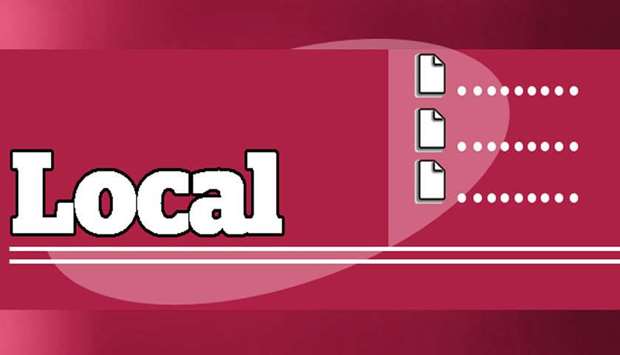Qatar’s small and medium-sized enterprise (SME) sector should have a shared resource structure for critical infrastructure to help SMEs and entrepreneurs sustain their business continuity and resilience programmes, Doha Bank Group CEO Dr R Seetharaman has said.
Seetharaman said SMEs in Qatar “are getting organised now,” citing various public and private sector-backed initiatives, advisory services, and a wide range of financial support.
“Today, the situation is different. Qatar has set up incubators, especially entrepreneurship is coming in multiple forms,” Seetharaman told Gulf Times in an interview.
He added: “But on infrastructure, again, they need business continuity. I always believed that SMEs should have a shared resource structure so your critical infrastructure can be shared.
“Their ability to invest in full contingency management or resource recovery management or resilience management is limited. If that is the case, the prudent way of having cost efficiency for SMEs in terms of resilience or business continuity is to have critical infrastructure provided.
Citing Doha Bank’s experience, Seetharaman said the bank used to provide SMEs operating space, and sometimes collaborative models with telecommunications companies and accounting firms.
“It’s an important opportunity. Big companies have strong infrastructure – they have the capacity to invest on capital expenditure. And the size of the market, again, is limited. So, it is also a good idea to share the infrastructure and charge a fee for it. Critical infrastructure can be shared and the cost can be subsidised even for big corporates.
“That’s what we did as an institution. Even now we are ready to give operating space for SMEs. The Qatar Financial Centre has come out with a QR2bn provision for long-term reorganisation and sustainability for SMEs. These infrastructure need to be invoked by SMEs and entrepreneurs,” Seetharaman stressed.
According to Seetharaman, Qatar has “very strong resilience” in critical infrastructure whether in the hydrocarbon or non-hydrocarbon sector. But because of the “changing face of digital governance,” he pointed out that the country has to “keep abreast with the changes in terms of infrastructure creation.”
“On the corporate level, for a financial institution like us, we have to have contingency mapping as a structural process. Every three months we go through business continuity plans and contingency testing. As a financial sector, we have a strong resilience under the guidance of the Qatar Central Bank.
“Again, it is not an end by itself because with the changing of the overall space, you will have to still keep abreast with the developments and keep on innovating resilience…business process resources needs to accumulate so that you’re not taking any chance in terms of your overall business continuity or resilience programme,” he emphasised.
Business / Business
Shared resource structure, critical infrastructure to boost SME business continuity plans

local

